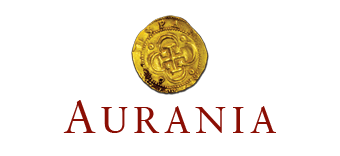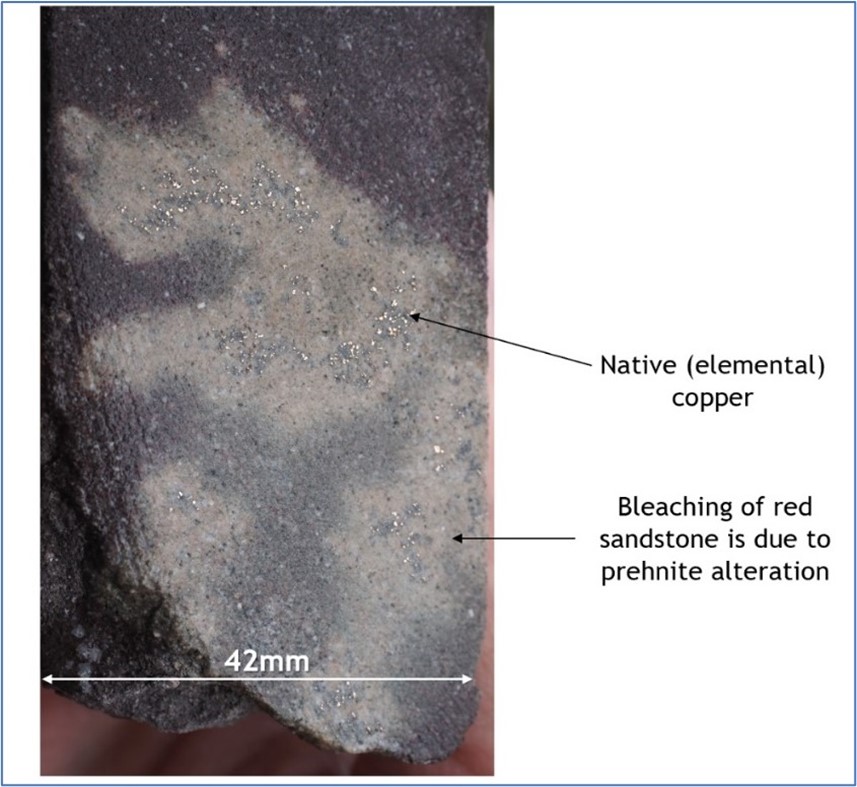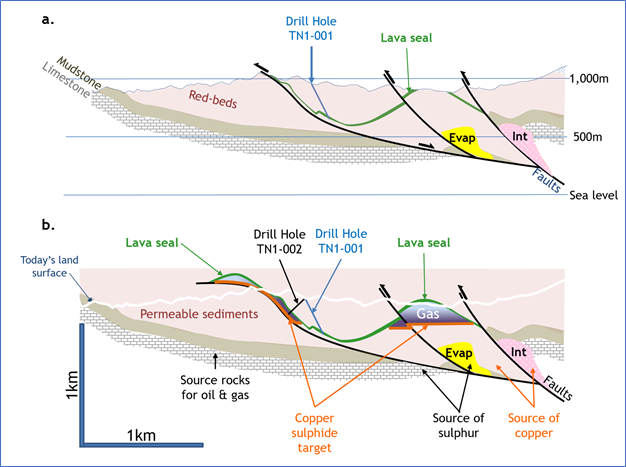Toronto, Ontario, April 23, 2021 – Aurania Resources Ltd. (TSXV: ARU) (OTCQB: AUIAF) (Frankfurt: 20Q) (“Aurania” or the “Company”) reports that the first drill hole at the Tsenken N1 target intersected sediment-hosted copper in the Company’s Lost Cities – Cutucu Project (“Project”) in southeastern Ecuador. The first drill hole at Tsenken N1 (TSN1-001) reached a depth of 722 metres (“m”) and native copper was intersected within 2m of the maximum depth that the small-format drill could reach (Figure 1). The second drill hole on the target is now underway.
Mineralization is immediately beneath a 75m thick lava layer that constitutes an impermeable barrier within the permeable sedimentary strata. Though the intersection was modest with grades below economic levels, the occurrence of native copper beneath the impermeable layer within the red beds is a key piece of evidence supporting the exploration model that the Company is using for sediment-hosted mineralization. The next step is to drill through the impermeable layer near the crest of a fold where the model predicts that more robust mineralization should be located. The second scout drill hole at Tsenken N1 is aimed at just such a target.
Aurania’s Chairman & CEO, Dr. Keith Barron commented, “We believe that through a modest intercept, that we have cracked one of the key elements to sediment-hosted copper in the Tsenken target area, and we look forward to completing the second drill hole that is currently underway. The drill had reached its maximum depth just as it entered the MobileMT conductor at the first hole. The native copper intersected is extremely conductive – it’s effectively like intersecting electrical wire mesh in the drill hole. Our exploration model for sediment-hosted copper mineralization combines oil geology with controls on the formation of mineral deposits to define the location of target areas for drilling.”
Figure 1. Native copper in bleached zones in core from the Tsenken N1 target.
Planned Work on Sediment-hosted Copper at Tsenken
- It has become apparent that sediment-hosted copper is leached by present-day weathering from the near-surface in the Project area, except where it occurs with carbonized, fossil plant fragments. Elements that occur with the sediment-hosted copper, such as silver, rhenium and molybdenum, that are not as intensely leached by today’s tropical weathering, are being used as proxies for copper in soil sampling data to define the extent of potential copper-bearing layers.
- Field data is being used to identify folds in the impermeable lava that would have constituted trap sites for oil and sour (sulphur-bearing) gas that is likely to have provided sulphur for the accumulation of copper sulphide mineralization. Evaporites associated with salt also contain sulphur-bearing minerals (sulphates) and specific faults have been identified as features along which salt has risen to form reactive walls against which copper-bearing basin fluids would accumulate and reacting with sulphur to form copper sulphide mineralization. One of these salt-bearing faults is illustrated in Figure 2.
- The work described above is being used to identify further drill sites for sediment-hosted copper exploration.
Rationale for Drill Hole 2
Sediment-hosted copper accumulates in sedimentary basins; depressions into which sediments accumulate over millennia. Copper is gradually stripped from sedimentary particles in the basin, as well as from porphyries that intrude the basin. The copper is dissolved in saline water within the basin. Also in the basin, oil and gas can be generated from shale and limestone that contain abundant organic matter. Hydrocarbons can efficiently strip copper from the saline fluids that circulate in the basin – and hence our exploration model focuses on where copper-bearing fluids are likely to have been channeled into oil and gas traps.
The first drill hole at Tsenken N1 intersected the lava seal near the bottom of a fold, well away from the crest where oil and gas are likely to have accumulated. The elemental copper intersected is the footprint of a copper-bearing fluid that flowed through the permeable red-beds until it was trapped beneath the impermeable lava layer. Hole TSN1-002 is aimed to drill through the lava seal higher in the arch-shaped fold where there should have been more gas and oil, providing a larger trap site for the copper-bearing brine to have interacted with the hydrocarbon, potentially precipitating copper sulphide mineralization, as illustrated in Figure 2. The hole is planned to be drilled to a depth of approximately 450m with the lightweight rig.
Figure 2a. Vertical profile through drill hole TN1-001 that intersected native copper beneath the lava layer (shown in green). b. Shows the structure of the profile as it is likely to have been before today’s erosion level. Oil and gas are likely to have accumulated in the top of the fold arches. (Evap. is evaporite, a mixture of salt and sulphate minerals. Int. is intrusive, potentially copper-bearing porphyries).
Qualified Person
The geological information contained in this news release has been verified and approved by Jean-Paul Pallier, MSc. Mr. Pallier is a designated EurGeol by the European Federation of Geologists and a Qualified Person as defined by National Instrument 43-101, Standards of Disclosure for Mineral Projects of the Canadian Securities Administrators.
About Aurania
Aurania is a mineral exploration company engaged in the identification, evaluation, acquisition and exploration of mineral property interests, with a focus on precious metals and copper in South America. Its flagship asset, The Lost Cities – Cutucu Project, is located in the Jurassic Metallogenic Belt in the eastern foothills of the Andes mountain range of southeastern Ecuador.
Information on Aurania and technical reports are available at www.aurania.com and www.sedar.com, as well as on Facebook at https://www.facebook.com/auranialtd/, Twitter at https://twitter.com/auranialtd, and LinkedIn at https://www.linkedin.com/company/aurania-resources-ltd-.
For further information, please contact:
| Carolyn Muir
VP Investor Relations Aurania Resources Ltd. (416) 367-3200 |
Dr. Richard Spencer
President Aurania Resources Ltd. (416) 367-3200 |
Neither the TSX Venture Exchange nor its Regulation Services Provider (as that term is defined in the policies of the TSX Venture Exchange) accepts responsibility for the adequacy or accuracy of this release.
Forward-Looking Statements
This news release may contain forward-looking information that involves substantial known and unknown risks and uncertainties, most of which are beyond the control of Aurania. Forward-looking statements include estimates and statements that describe Aurania’s future plans, objectives or goals, including words to the effect that Aurania or its management expects a stated condition or result to occur. Forward-looking statements may be identified by such terms as “believes”, “anticipates”, “expects”, “estimates”, “may”, “could”, “would”, “will”, or “plan”. Since forward-looking statements are based on assumptions and address future events and conditions, by their very nature they involve inherent risks and uncertainties. Although these statements are based on information currently available to Aurania, Aurania provides no assurance that actual results will meet management’s expectations. Risks, uncertainties and other factors involved with forward-looking information could cause actual events, results, performance, prospects and opportunities to differ materially from those expressed or implied by such forward-looking information. Forward looking information in this news release includes, but is not limited to Aurania’s objectives, goals or future plans, statements, exploration results, potential mineralization, the corporation’s portfolio, treasury, management team and enhanced capital markets profile, the estimation of mineral resources, exploration, timing of the commencement of operations and estimates of market conditions. Factors that could cause actual results to differ materially from such forward-looking information include, but are not limited to, failure to identify mineral resources, failure to convert estimated mineral resources to reserves, the inability to complete a feasibility study which recommends a production decision, the preliminary nature of metallurgical test results, delays in obtaining or failures to obtain required governmental, regulatory, environmental or other project approvals, political risks, inability to fulfill the duty to accommodate indigenous peoples, uncertainties relating to the availability and costs of financing needed in the future, changes in equity markets, inflation, changes in exchange rates, fluctuations in commodity prices, delays in the development of projects, capital and operating costs varying significantly from estimates and the other risks involved in the mineral exploration and development industry, the effects of COVID-19 on the business of the Company including but not limited to the effects of COVID-19 on the price of commodities, capital market conditions, restrictions on labour and international travel and supply chains, and those risks set out in Aurania’s public documents filed on SEDAR. Although Aurania believes that the assumptions and factors used in preparing the forward-looking information in this news release are reasonable, undue reliance should not be placed on such information, which only applies as of the date of this news release, and no assurance can be given that such events will occur in the disclosed time frames or at all. Aurania disclaims any intention or obligation to update or revise any forward-looking information, whether as a result of new information, future events or otherwise, other than as required by law.






